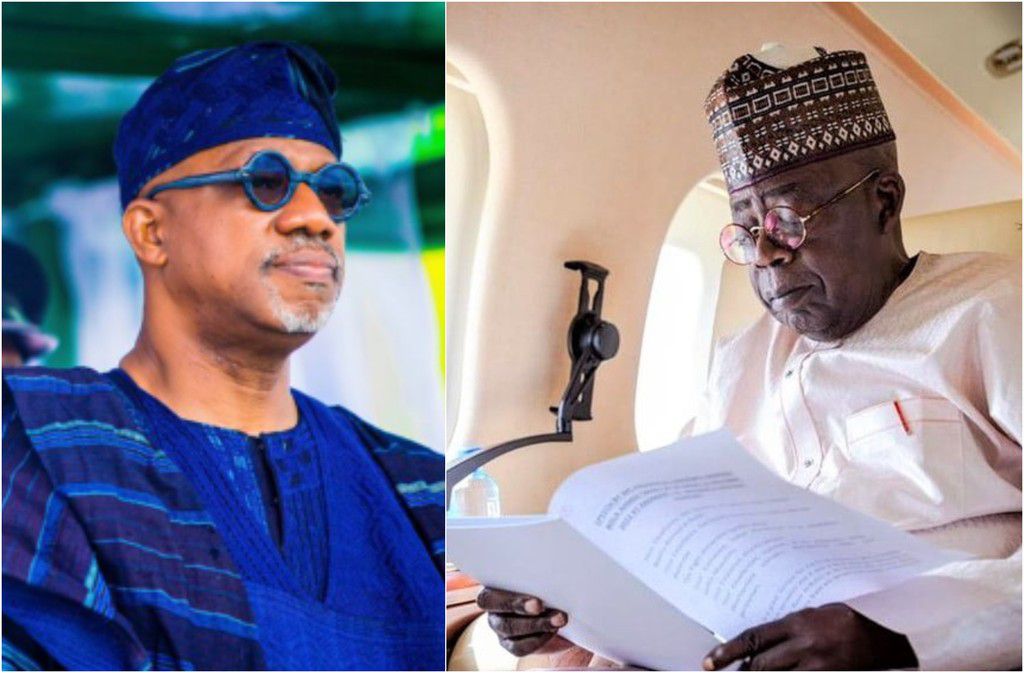Crisis deepens as US court backs Chinese firm in $70m arbitration dispute against FG
![This ruling authorises the Chinese firm to impose final charging orders on two residential properties owned by Nigeria in the United States. [Getty Images]](https://image.api.sportal365.com/process/smp-images-production/pulse.ng/26092024/28225940-ceca-4b13-900e-0729fdcbddf1?operations=autocrop(700:467))
Nigeria's legal battle with Chinese company Zhongshan Fucheng Industrial Investment Co. Ltd. has taken a critical turn as a US appellate court has upheld a $70 million arbitration award against the Nigerian government.
This ruling further complicates the Nigerian government's efforts to contain the fallout from an international dispute that has already led to the attempted seizure of Nigerian assets in Europe.
On August 9, a US appellate court confirmed the decision of the US District Court for the District of Columbia, allowing Zhongshan Fucheng to enforce the $70 million arbitration award.
This ruling authorises the Chinese firm to impose final charging orders on two residential properties owned by Nigeria in the United States.
The case stems from a 2010 agreement between Zhongshan Fucheng and the Ogun State government in Nigeria. Under this agreement, the Chinese firm, through its parent company, Zhuhai Zhongfu Industrial Group Co. Ltd, acquired rights to develop a free trade zone.

Antecedent of legal feud between Chinese firm and Ogun State
However, tensions escalated in 2016 when Zhongshan accused the Ogun State government of attempting to terminate its appointment and replace the free trade zone management.
Zhongshan subsequently initiated an investment treaty arbitration against Nigeria under the China-Nigeria Bilateral Investment Treaty (BIT).
The arbitration panel ruled in favour of Zhongshan, awarding the company approximately $70 million in compensation. Despite Nigeria's efforts to plead state immunity, the US courts have consistently ruled against the country.
High Court Judge Sara Cockerill had earlier dismissed Nigeria's immunity claim, citing the Nigerian government's abuse of appeal timelines.
Judges Patricia Millett and Julianna Childs of the US Court of Appeals held that the arbitration award is enforceable under the New York Convention in their majority ruling.
They noted that the dispute involved "persons" with a legal commercial relationship, and thus, Nigeria was not protected by sovereign immunity under the Foreign Sovereign Immunities Act (FSIA).
"For the foregoing reasons, we hold that the final award is enforceable under the New York convention because it arose out of differences between 'persons' that share a legal, commercial relationship," the judges stated, according to Daily Trust.
However, the dissenting judge, Gregory Katsas, argued that the New York Convention did not intend to include sovereign nations under the definition of "persons."
Katsas contended that Ogun State's actions should not be attributed to the Nigerian government and that the arbitration award pertains to Nigeria's sovereign acts under public international law.
)
)
)
)
)
)
)
)